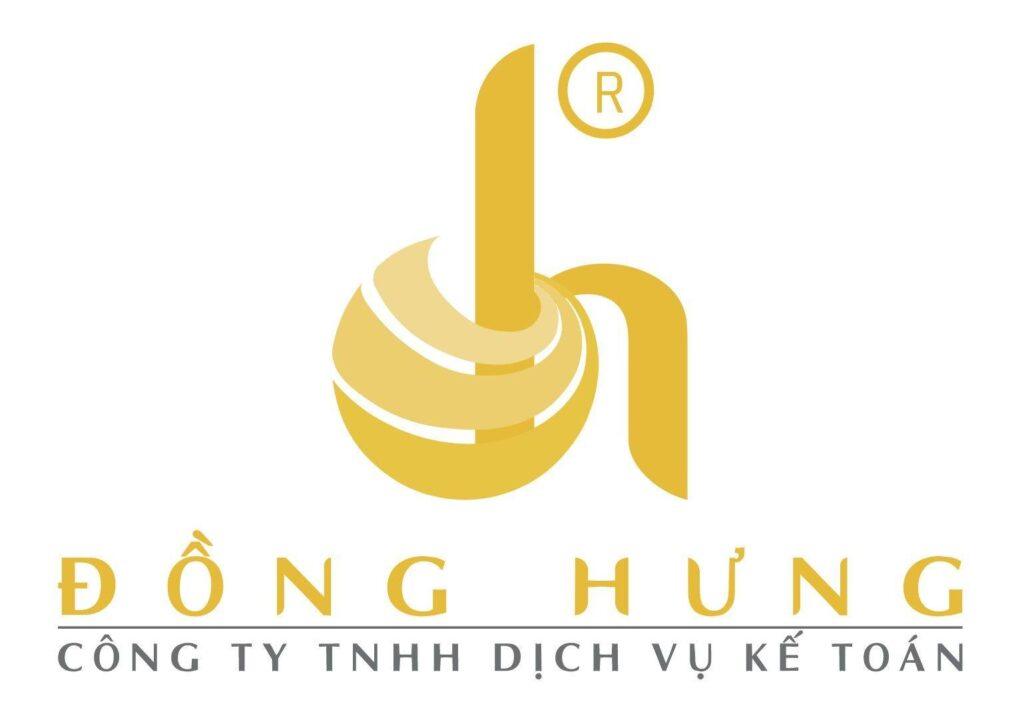The Ministry of Finance said the number of foreign invested enterprises which reported losses had reduced as a result of the investigations and spot-checks. More than 1,200 businesses were investigated in the first nine months of this year, with those declaring losses or showing signs of transfer pricing being the primary subjects of investigations.
The Ministry reported it had collected VND481 billion (US$22.9 million) and reduced losses of VND1.6 trillion ($76.1 million) at checked enterprises.
In a follow up measure, the Ministry has built a database on transfer pricing activity in sectors including fibre production, garment and textile, shoe making and beverage; all of which showed a higher propensity for corporate income tax evasion.
The department said transfer pricing was a multinational issue created by tax differentials in different countries, and had been the subject of numerous international conferences.
The Ministry has approved an action programme to control transfer pricing for the 2012-15 period, with an aim to limit tax evasion by FDI enterprises. Under the programme, the ministry hopes to create a stronger legal framework on tax management and transfer pricing, training human resources in this field, strengthen databases and promote international co-operation. The ministry has been rushing to complete a circular on the Advance Pricing Agreement (APA) between tax agencies and businesses to help FDI firms meet their tax obligations.
The department has entered co-operative arrangements with the delegation of the European Commission to Viet Nam, Organisation for Economic Co-operation and Development (OECD), and World Bank to provide training courses to tax officers. The Ministry plans to focus investigations on companies with multiple subsidiaries and sectors with a high risk of transfer pricing.
Viet Nam has signed agreements with more than 60 countries and territories to prevent businesses from being taxed twice.
It would also enhance information exchange with foreign tax agencies on risk analysis as well as negotiating on APA process.
Bui Ngoc Tuan, deputy general director of Deloitte Viet Nam, said businesses expected APA application as they could be easy to calculate their profits or losses based on a price level approved by tax agencies.
However, Tuan said the application of APA mechanism in Viet Nam would face challenges as the country's data system has been gradually completed.
He said the price which could be valid within three years would be discussed by both tax agencies and businesses.
He added that the most difficult requirement was ability to analyse market, thus providing a feasible price for the two sides.
Source: VNS

Tin liên quan
📢 BẢN TIN PHÁP LUẬT HÀNG THÁNG – 05.2025
🎯 Cập nhật kịp thời – Hiểu đúng quy định – Hành động đúng pháp luật Kính gửi Quý doanh nghiệp, Để hỗ trợ Quý vị cập nhật nhanh chóng các chính sách pháp luật mới liên quan đến thuế, kế toán, hải quan, lao động và đầu tư, chúng...
Hộ kinh doanh là tổ chức chi trả thu nhập: Kiến nghị áp dụng đúng pháp luật để tránh thất thu ngân sách nhà nước
Hiện nay, việc xác định đối tượng có nghĩa vụ khấu trừ thuế thu nhập cá nhân (TNCN) khi chi trả thu nhập vẫn còn tồn tại nhiều cách hiểu và cách áp dụng chưa thống nhất giữa các văn bản quy phạm pháp luật. Đặc biệt, trường hợp của...
Chia sẻ chính sách thuế với hộ kinh doanh
🌿 Lan tỏa giá trị pháp luật – Vì một cộng đồng Hộ kinh doanh phát triển bền vững 🌿 #ThuevoiHokinhdoanh #Hokinhdoanh Với mong muốn đồng hành cùng cộng đồng Hộ kinh doanh trong việc hiểu đúng và tuân thủ đúng pháp luật, hạn chế rủi ro pháp lý và...
Phân tích mâu thuẫn giữa Công văn 3061 của Tổng cục Thuế và Điều 4 Thông tư 96/2015/TT-BTC về chi phí trích lập dự phòng
Trong phạm vi bài chia sẻ này, chúng tôi xin bỏ qua nguyên tắc “áp dụng văn bản quy phạm pháp luật” theo quy định của Luật Ban hành văn bản quy phạm pháp luật mà chỉ bàn đến những mâu thuẫn ngay trong chính các hướng dẫn của Bộ...
Phân tích mâu thuẫn giữa điểm 2.30 khoản 2 Điều 4 và khoản 1 Điều 4 Thông tư 96/2015/TT-BTC và thực tiễn
Trong phạm vi chia sẻ này, tôi không bàn về giá trị pháp lý của điểm 2.31 khoản 2 Điều 6 Thông tư 78/2014/TT-BTC được sửa đổi, bổ sung tại điểm 2.30 khoản 2 Điều 4 Thông tư 96/2015/TT-BTC xét trên nguyên tắc “áp dụng văn bản có giá trị...